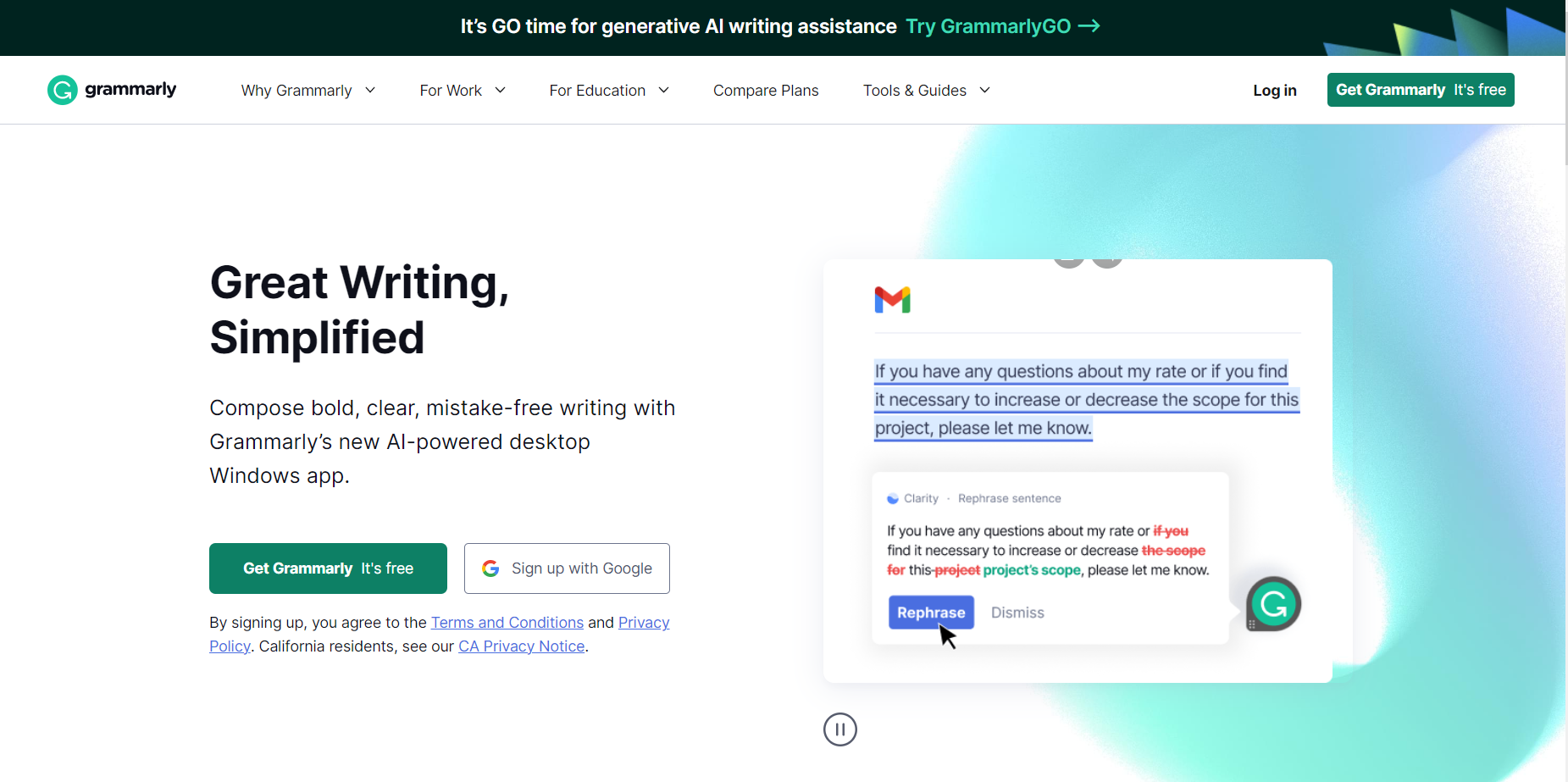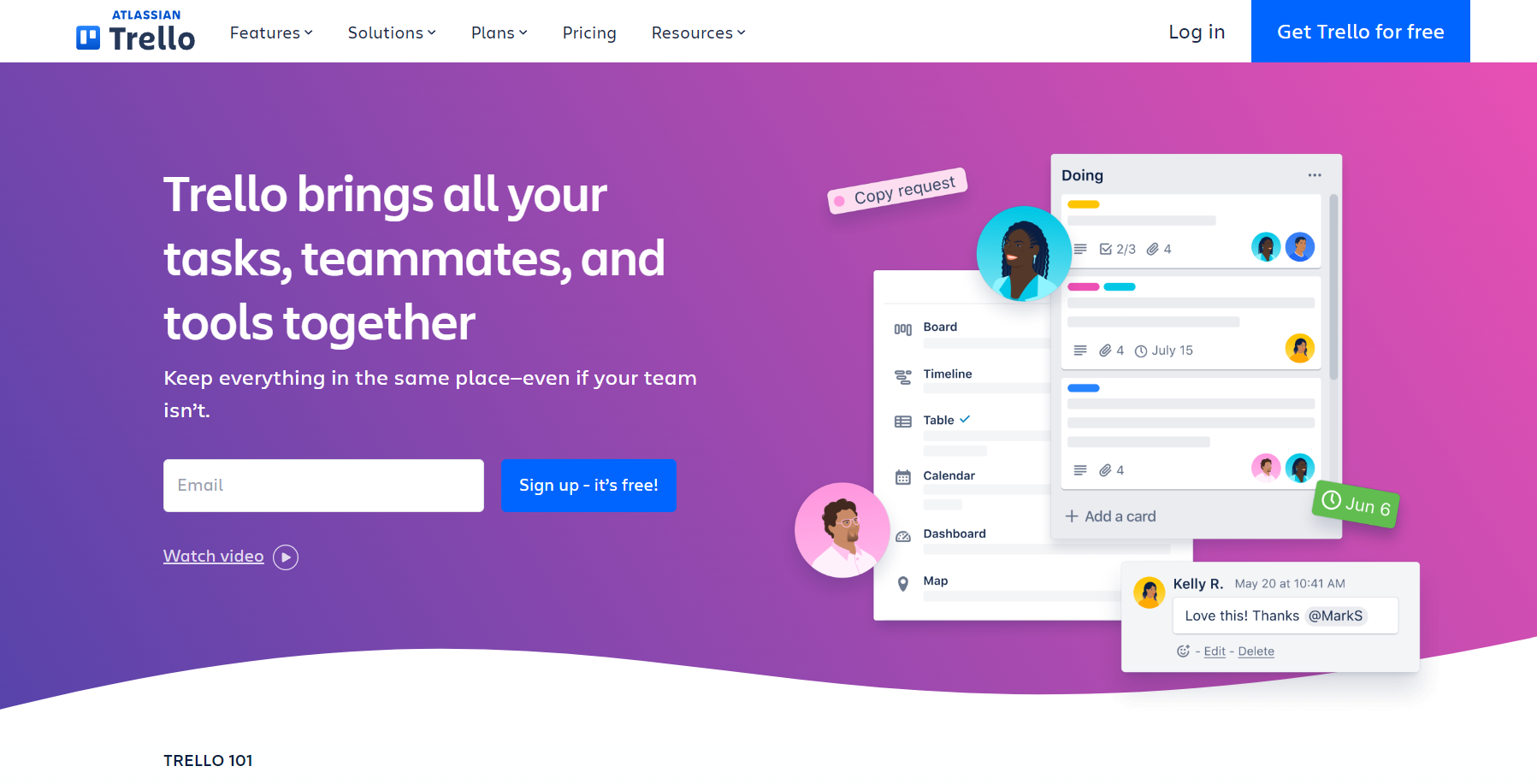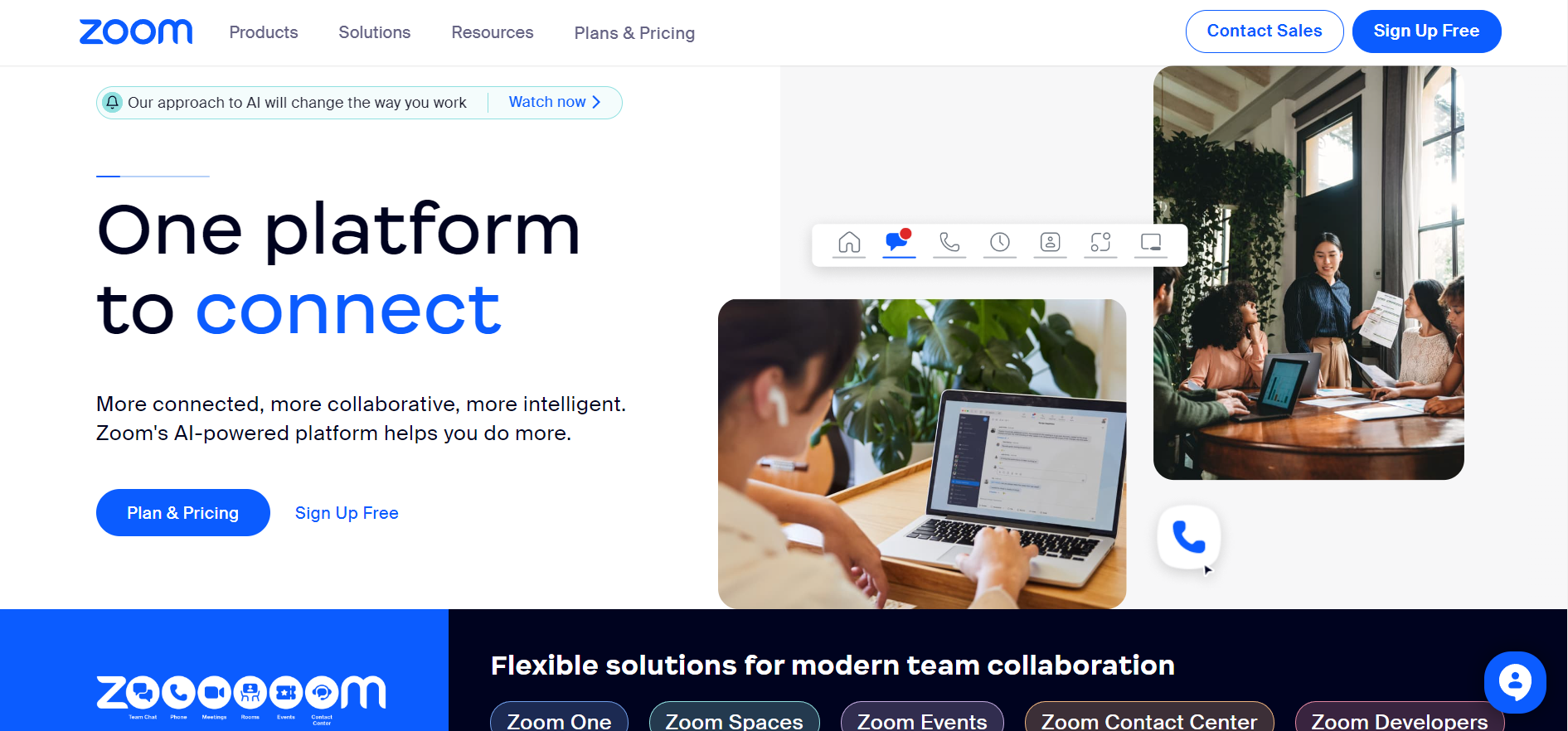Freelance content writers, are you ready to take your craft to soaring heights? In today’s digital landscape, where words hold immense power, equipping yourself with the right tools can be the game-changer that propels your freelancing journey towards unparalleled growth. Welcome to a captivating exploration of “Content Freelancing Tools: Essentials for Growth,” where we’ll unveil the must-have resources that will revolutionize your productivity, elevate your creativity, and unlock the doors to success in the dynamic realm of freelance content writing.
It’s a thrilling endeavour that promises financial rewards and a chance to unleash your creative prowess. Now, just like any other business venture, running a successful freelance writing gig demands dedication, perseverance, and strategic planning. But here’s the secret ingredient that can truly take your business to new heights: content freelancing tools. These nifty resources are absolute game-changers, capable of streamlining your workflow, supercharging your productivity, and propelling your business towards unprecedented growth and prosperity. Ready to unlock their power? Let’s dive right in!
How to get Started as a Content freelance writer
To embark on your content freelancing journey, let’s start by mastering the craft of writing. First and foremost, it’s important to ensure you have a firm grasp of grammar and style guide skills. Moreover, consider taking online courses in copywriting or content marketing if needed to further hone your expertise.
Next, transitioning seamlessly, it becomes crucial to build a strong portfolio of writing samples. However, if you find yourself lacking published work, there’s no need to worry. You can begin by writing articles on platforms like Examiner.com or Contently, covering a wide range of topics. Additionally, for long-form writing, you can pitch guest posts to relevant blogs in your niche. By doing so, you not only showcase your writing abilities but also establish credibility in the industry.
Finally, let’s shift our focus to the essential content freelancing tools that are vital for your success. These invaluable tools, often referred to as the freelancer toolkit or content creation tools, will greatly contribute to the smooth operation of your business. They not only enhance productivity but also stimulate creativity, enabling you to deliver exceptional content to your clients. From grammar and style checkers to project management software, make sure to invest wisely in these resources.
By combining your refined writing skills with the power of content freelancing tools, you create a solid foundation for success in the freelance writing world. Embrace this dynamic partnership, and watch as you unlock your full potential as a content freelancer. The possibilities are endless!
Read our article: A Freelance Writer’s Guide: Six Simple Steps to Become a Professional Freelance Writer
Important tools you need as a content freelance writer
To grow a content freelancing business, here are some important content freelancing tools you may need:
1. A COMPUTER OR LAPTOP:
A computer or laptop is the most important content creation tool you will need to start a content freelancing business. You will use it to create and deliver your content to your clients.
- Processor: Opt for a powerful processor like Intel Core i5 or i7 for seamless multitasking and efficient content creation.
- RAM: Aim for 8GB to 16GB of RAM to handle your content tasks effectively without compromising performance.
- Storage: Prioritize a solid-state drive (SSD) for faster boot times and data transfers. Also, expandable storage with external hard drives as needed.
- Screen size: Balance your workspace needs and portability preferences to choose an ideal screen size that suits your workflow.
- Battery life: Select a laptop with long-lasting battery power, around 8 hours, for uninterrupted productivity on the go.
Remember, your computer or laptop, along with other content freelancing tools, forms the backbone of your business. With these essential resources in place, you’ll unlock your potential as a freelance writer and streamline your content creation process.
2. HIGH-SPEED INTERNET CONNECTION:
A fast and stable internet connection is essential for any content freelancer as it allows you to conduct research, communicate with clients, and submit your work in a timely manner. In addition, to optimize your internet connection for seamless content freelancing, it is important to consider the following tips:
- Choose a reliable internet service provider (ISP): Opt for an ISP that offers high-speed internet, minimal latency, and low packet loss rates. Research ISPs in your area to compare speeds and pricing.
- Upgrade your equipment: Enhance your internet speed and reliability by investing in a modern modem and router. Replace outdated or underperforming equipment to maximize your connection quality.
- Use a wired connection: Connect your computer or laptop directly to the router using an ethernet cable for improved stability and faster speeds. This wired connection reduces reliance on Wi-Fi interference.
- Check your internet speed: Regularly assess your internet speed using online speed test tools. If you consistently experience sluggish speeds, contact your ISP for problem-solving assistance.
- Utilise a virtual private network (VPN): Safeguarding your internet connection and protecting your data while working remotely or using public Wi-Fi networks is crucial. One effective way to achieve this is by employing a VPN for Virtual Private Network. You can enhance your online activities’ security and privacy by utilising a VPN.
3. WRITING AND EDITING SOFTWARE:
Writing and editing software are vital content freelancing tools that empower freelancers to create and refine their work. To explore these popular options, let’s delve into the following:
a) Microsoft Word: Widely used for word processing, Microsoft Word provides features for formatting and editing text documents. Moreover, its built-in grammar and spelling checkers aid in refinement.
b) Google Docs: As a free, cloud-based alternative to Word, Google Docs not only enables real-time collaboration but also offers features such as commenting and change suggestions.
c) Grammarly: Serving as an online writing assistant, Grammarly detects grammar, spelling, punctuation, and style errors, offering valuable suggestions for improvement.

d) Hemingway Editor: This desktop app simplifies writing by highlighting lengthy sentences, passive voice, and adverbs. It also provides recommendations for better clarity.
e) Scrivener: Specifically designed for intricate projects like novels or academic papers. Scrivener supports outlining, research organization, and manuscript formatting.
f) ProWritingAid: By offering grammar checks, style suggestions, and alerts for overused phrases, ProWritingAid significantly enhances writing and editing processes.
By utilizing these content freelancing tools, you can enhance your writing quality, boost productivity, and deliver exceptional content. Therefore, it is worth exploring different options to find the best fit for your needs and optimize your workflow.
4. PROJECT MANAGEMENT SOFTWARE:
Project management software is essential to the content freelancing toolkit, ensuring efficient organization, timely execution, and seamless collaboration. Take a closer look at these popular options and find the one that suits your needs:
a) Trello: With its visual board and card system, Trello simplifies task management. You can create lists, assign tasks, set due dates, and attach files, allowing you to stay organized effortlessly.

b) Asana: Offering comprehensive features, Asana provides task tracking, project timelines, team calendars, and communication tools. You can easily create projects, assign tasks, set deadlines, and monitor progress with ease.
c) Basecamp: Basecamp combines essential features such as to-do lists, team chat, file sharing, and scheduling. In addition, Basecamp enables you to efficiently manage projects, assign tasks, set deadlines, and collaborate seamlessly with team members.
d) Monday: Highly customizable, Monday offers project timelines, team workload management, and robust communication tools. With this software, you can easily track progress, assign tasks, and foster collaboration within your team.
e) Smartsheet: Smartsheet facilitates project planning, resource management, and collaboration. It allows you to create charts, monitor progress, and effortlessly assign tasks to team members, streamlining your workflow.
Embrace the power of project management software and choose the tool that best aligns with your requirements, empowering you to excel in your content freelancing journey.
By leveraging these content freelancing tools, also known as the freelancer toolkit, you can track projects and meet deadlines and collaborate seamlessly with team members and clients. The result? The ability to consistently deliver exceptional work that sets you apart. Streamline your project management journey and excel in your role as a content freelancer.
5. A WEBSITE OR ONLINE PORTFOLIO:
As a content freelancer, establishing a strong online presence through a personal content writing website or an online portfolio is crucial for showcasing your expertise and attracting potential clients. To create an impressive online presence, consider the following tips:

a) Select a platform: Begin by choosing a user-friendly platform such as WordPress, Squarespace, Wix, or Weebly. Assess each platform based on your needs, budget, and technical skills to find the best fit.
b) Define your brand: Reflect your niche, values, and style by maintaining a cohesive colour scheme, font, and imagery throughout your website. Ensure that these elements resonate with your personal brand and create a strong visual identity.
c) Showcase your work: Feature your finest content samples that are relevant to your niche. This allows potential clients to witness firsthand your skills and expertise in action.
d) Craft a captivating Bio: Introduce yourself concisely yet engagingly on your website. Highlight your skills, experience, and notable achievements to leave a lasting impression on visitors.
e) Include testimonials: Boost your credibility by incorporating testimonials from satisfied clients or colleagues. These testimonials serve as social proof and validate your strengths and capabilities.
f) Ensure easy contact: Make it effortless for potential clients to reach out to you by including a contact form, email address, or phone number on your website. Streamline the process and eliminate any barriers to communication.
By creating a website or online portfolio, you set yourself apart from other freelancers in the industry. It allows you to showcase your abilities, demonstrate your expertise, and establish trust with potential clients. Remember to regularly update your portfolio with fresh work samples and testimonials to maximize your chances of growth and success.
Read our article: Why freelance writers should own a personal blog
6. COMMUNICATION TOOLS:
Effective communication is vital for content freelancers to foster strong client relationships and ensure project success. Here are essential communication tools to stay connected:
a) Email: Use email for sharing documents, feedback, and updates, ensuring clarity and brevity.
b) Video conferencing software: Platforms like Zoom or Skype enable virtual meetings, consultations, and presentations.

c) Instant messaging apps: There are various collaboration Apps like Slack or Microsoft Teams that facilitate quick communication and file sharing.
d) Phone: Schedule phone calls for complex issues or negotiations, preparing an agenda in advance.
e) Social media: To truly harness the power of social media platforms, such as LinkedIn, Twitter, and Instagram, you can enhance your professional network, showcase your portfolio, and engage with peers. These platforms not only act as valuable tools for freelancers, but they also play a crucial role in maintaining strong client connections. By effectively utilizing these content freelancing tools, you can communicate with clarity, professionalism, and promptness, thereby ensuring client satisfaction and the success of your projects. Embrace these strategies and seize the opportunity to make the most out of social media, propelling yourself towards thriving in your freelance career.

Read our article: Top 5 channels for freelancers to setup online meeting with clients
7. BACKUP AND STORAGE SOLUTIONS:
Employing backup and storage solutions is vital to safeguard your work and ensure data security as a content freelancer. Take into account the following options:
a) Cloud storage: Consider utilizing platforms such as Google Drive, Dropbox, or OneDrive, which provide secure and accessible storage for your work files. These solutions enable easy collaboration and seamless file sharing.
b) External hard drives: For an additional layer of protection, external hard drives serve as physical devices to keep your files separate from your computer. They offer reliable backup and data storage.
c) Online backup services: Services like Backblaze or Carbonite automate the backup and recovery of your files. They not only provide remote access to your data but also offer disaster recovery options for added peace of mind.
d) RAID systems: RAID systems distribute data across multiple disks, protecting against hardware failures and providing backup functionality. This setup ensures the integrity and availability of your files.
e) Version control software: Consider utilizing version control software like Git or SVN, especially for collaborative or complex projects. These tools track changes and enable easy navigation between previous versions, enhancing collaboration and facilitating efficient project management.
By leveraging these content freelancing tools, you can effectively safeguard your work, protect it from loss, theft, or corruption, and ensure the confidentiality of your clients’ information. However, to achieve maximum protection and availability, combining multiple solutions that best suit your specific needs and workflow is recommended.
Conclusion
Content freelancing presents a lucrative opportunity to monetize your skills and expertise. Nevertheless, achieving success relies heavily on having the right content freelancing tools at your disposal. With countless options to choose from, it’s essential to identify the seven tools that form a solid foundation for launching your freelance writing business.
Armed with these content creation tools, you’ll be well-prepared to embark on your journey as a freelance writer and make a lasting impact on the industry. Wishing you the best of luck in your endeavours!


